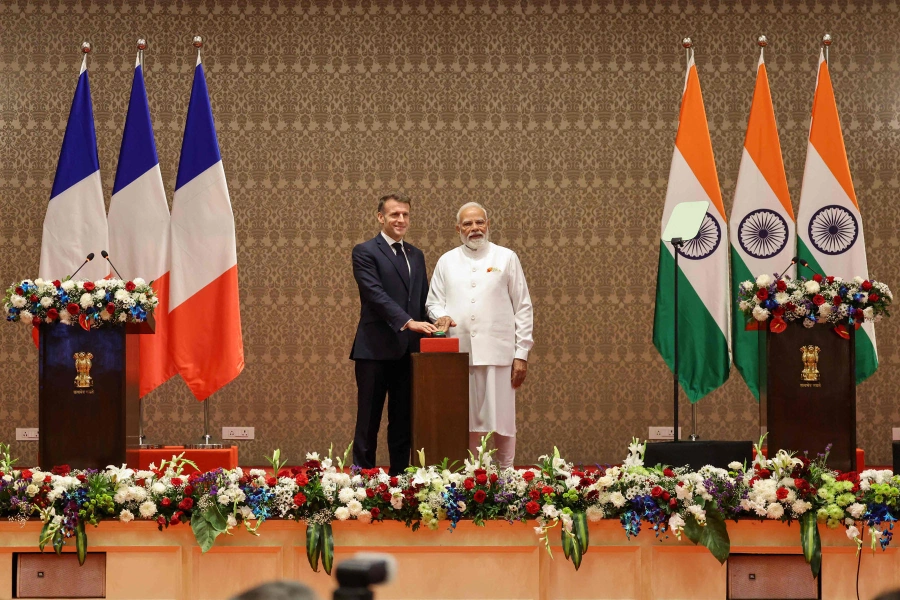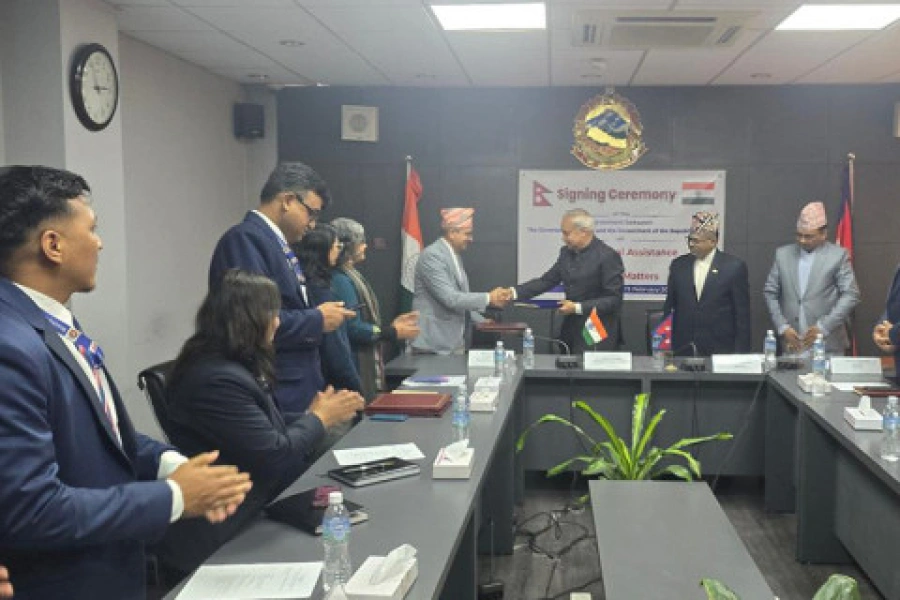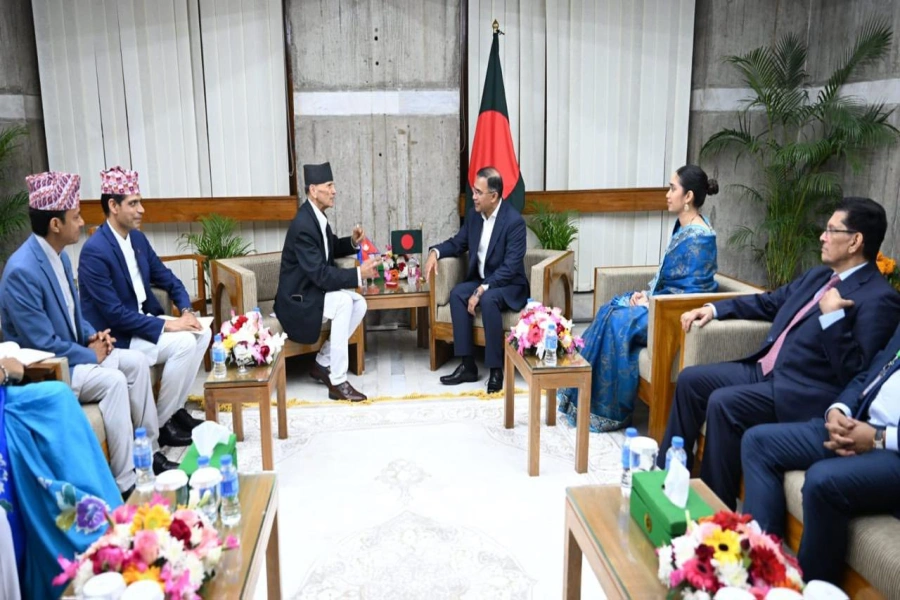The government's decision to dole out Rs 200,000 each to disqualified ex-Maoist combatants during a time of economic recession is not only unjustifiable but also a gross injustice to the citizens of Nepal. This reckless move will add an unnecessary financial burden on the already strained state treasury. The decision, spearheaded by the CPN (Maoist Center) Chairman and Prime Minister Pushpa Kamal Dahal-led government, is particularly egregious given that it will cost over Rs 800 million to the state coffers. These disqualified fighters, most of whom did not even participate in the Maoist war, had registered for verification by the United Nations Mission in Nepal (UNMIN) in the hope of joining the country's national army through integration. So, this current Maoist desperation reeks of a ploy to buy support or loyalty with cash as their popularity has waned over time, and they are fighting an existential battle.
The Maoists have indeed been fighting an existential battle for quite some time now, as evidenced by their consistently poor performances in recent elections. Once the largest party in the Constituent Assembly, the Maoists have since been relegated to a distant third place in the elections held in November 2022 and figuring nowhere in the recently held by-elections to the House of Representatives. Their popularity has been on a steady decline, with some political pundits predicting that they will either disappear from the Nepali political scene over the next few elections or will remain without being able to affect the nation's politics that much, effectively becoming too weak to be a major player. This desperation has led them to resort to buying support or loyalty with cash, as demonstrated by their decision to distribute funds to disqualified ex-Maoist combatants. However, such actions only serve to highlight their increasing irrelevance and lack of political influence in Nepal.
In a video that surfaced online after the Maoists joined the peaceful political mainstream, Maoist Center Chairman Dahal was heard saying that the number of Maoist fighters during the insurgency period was between 5,000 and 7,000. This statement by Dahal contradicts the official narrative of the Maoist party that they had a much larger number of fighters, which they claimed to be around 35,000. However, we Nepalis accepted it when UNMIN verified 19,000 plus Maoist fighters as genuine, in the name of peace. Some have argued that the inflated numbers were used to build up their image and to intimidate opponents. Dahal's admission has also led to speculation that the Maoists may have used the funds meant for the fighters for other purposes in the past.
Money and life

In fact, the funds provided from the state coffers to the Maoist fighters who were placed in cantonments as part of a plan to integrate them into the national army were subject to embezzlement and corruption. The Maoist leadership, including the current PM Dahal, was accused of embezzling a large amount of money that was supposed to have been used for the welfare of the Maoist fighters. The amount allegedly embezzled was said to be in the range of millions of dollars. This was said to be one of the biggest corruption scams in the country knows as the ‘cantonment corruption scam’.
A similar misappropriation cannot be ruled out this time as well. Besides, the distribution of funds to disqualified ex-Maoist combatants is not only an economic issue but also a moral and ethical one. The Maoist combatants who were disqualified were not genuine fighters who fought in the war but had registered in the hope of joining the national army. Therefore, the government's decision to distribute funds to these disqualified combatants is unjustifiable and raises serious questions about the government's intentions and priorities.
The move by the government also highlights the lack of accountability and transparency in the country's governance system. The decision seems to be driven by political considerations rather than the welfare of the citizens. It is worth noting that the country is already facing a severe economic recession, and the government's decision to distribute funds to disqualified combatants will further add to the financial burden on the state treasury. Economists have already raised concerns that this decision will lead to unnecessary financial stress on the already strained state treasury. The government should be taking steps to alleviate the economic crisis rather than adding to the burden.
The decision by the government to distribute funds to disqualified ex-Maoist combatants also raises concerns about the state's ability to manage public funds. The government should be accountable for the public funds and ensure that they are used for the welfare of the citizens. The government should prioritize the welfare of the citizens during this economic crisis and not distribute funds to disqualified combatants who do not deserve any relief from the state.
The bottom line is the Maoists are desperate but they should not be allowed to misuse the state coffers to fund their existential battle.





































